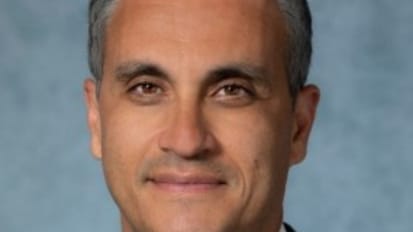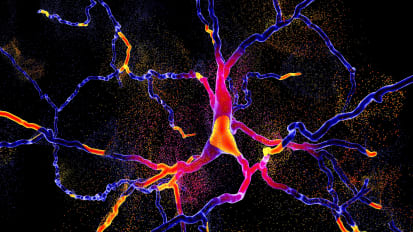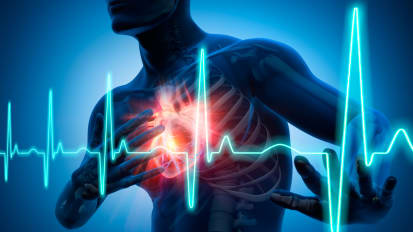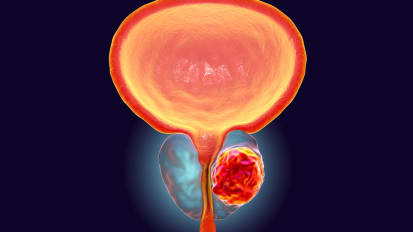Search Videos and More
 News
News
Geriatric Fracture Program Reduces Length of Hospital Stay
The Geriatric Fracture Program at Cedars-Sinai reaches patients who are hospitalized, as well as those seen by physicians in clinics within the Cedars-Sinai network. News
News
Heart Rhythm Disorders: The Newest Devices, Procedures and Research Projects
The newest devices, procedures and research projects are paving new paths for patients with heart rhythm disorders like atrial fibrillation and ventricular arrhythmias Course
Course
Virtual Medicine: Best Practices in Medical Extended Reality
Thursday, March 30, 2023, 9:00 AM - Friday, March 31, 2023, 3:45 PM Sofitel Los Angeles at Beverly Hills, 8555 Beverly Boulevard, Los Angeles, CA News
News
Adrenaline Research Offers Insight Into Pre-Diagnostic and Non-Motor Symptoms of Parkinson’s Disease
After nearly 150 years of failed therapies for Parkinson’s disease, the introduction of dopamine for patient treatment began in the late 1960s, and its transformative effect on patient movement, function and speech was immediately embraced. Since that time, dopamine-based therapies have formed the backbone of Parkinson’s therapy and have informed the basis of scientific understanding regarding the cause of this common neurodegenerative condition. News
News
Sports-Related Sudden Cardiac Arrest Is Rare in Older Adults
Study: Older Adults Who Experience Sudden Cardiac Arrest During or Following Exercise Tend to Have Better Health Than Those Whose Sudden Cardiac Arrest Is Not Triggered by Exercise News
News
Second Opinion Program Aims to Help Patients
Receiving a diagnosis of a complex or unusual medical condition can be disheartening. In most cases, it is an unnerving experience filled with questions and uncertainty. News
News
Faculty Publications: Jan. 19 - Jan. 26
This week’s edition of Faculty Publications includes Cedars-Sinai studies that were published Jan.19 - Jan. 26. News
News
Investigators Closer to Predicting Two Common Heart Conditions
Novel Research Studies From Cedars-Sinai Move the Needle on Predicting Sudden Cardiac Arrest and Coronary Artery Disease News
News
High-Resolution PSMA PET MRI for Tumor Mapping Prior to Subtotal High Intensity Focused Ultrasound
Prostate cancer is one of the most common noncutaneous cancers and the second-leading cause of cancer mortality in American men. News
News
Metrics - 2023 Neuro Annual Report
Metrics featured in the 2023 Neurosciences Annual Report News
News
2022 Academic Highlights
An experimental vaccine created by scientists at Cedars-Sinai showed preliminary evidence of generating an immune response in some patients against glioblastoma. The results were published in Clinical Cancer Research. News
News
Attacking Parkinson’s Before It Begins
A growing number of researchers and clinicians believe the key to addressing the cause of Parkinson’s—and identifying a cure—may be found in studying the nonmotor symptoms that occur before neurological symptoms of Parkinson’s emerge.